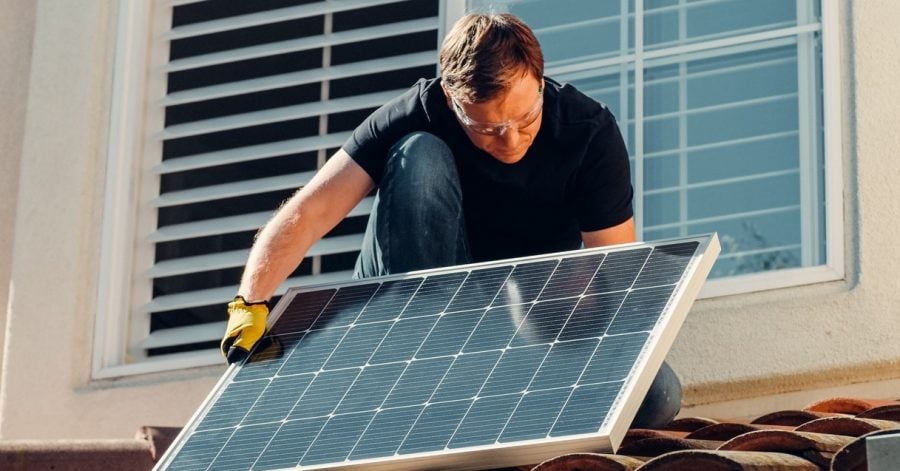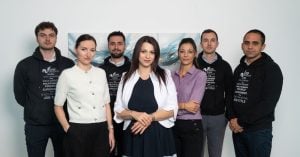North Macedonia’s Green Financing Facility (GFF) project has been selected among the top 10 programmes by the UN’s Joint SDG Fund as most impactful and investment ready for green financing.
The country’s new financial programme worth $46.5M, out of which almost $8M come from the Joint SDG Fund, will provide access to affordable green financing for small and medium size enterprises (SMEs) and for individuals and households for investments in renewable energy and energy efficiency solutions.
Leveraging government and private funding
With these investments, the GFF will directly contribute to the reduction of greenhouse gas emissions and air pollution and strengthen the local ecosystem’s green finance. North Macedonia’s government has repeatedly stated that its energy transition through increased production of solar energy and energy efficient retrofitting of buildings and homes is a strategic objective.
“The Green Financing Facility is the future of the finances and economic growth in achieving the green transition from modest to modern, resource-efficient and competitive economy. Our Government is already taking steps towards opening new alternatives for the economy where both citizens and businesses have opportunities to achieve a “green” and sustainable way of living and doing business”, North Macedonia’s deputy prime minister Fatmir Bytiqy said.
It is expected that the GFF programme will result in 70,068 MWh of annual energy savings, 80,510 tons of CO2-eq emissions avoided, and 10.7 MW in new renewable energy capacity.
Furthermore, enabling access to affordable financing for renewable energy and energy efficiency solutions will contribute to advancements towards SDGs 7 and 13.
According to data from the International Renewable Energy Agency (IRENA), in 2020 the country’s solar photovoltaic capacities amounted to 1104 MW, while wind power capacities were at 552 MW. However, solar power is still vastly untapped, as North Macedonia’s annual production has remained around 23 GWh.
“Many countries are working on financial models to blend and leverage government and private sector funding. The United Nations is therefore very proud to contribute $7.9 million to the Green Financing Facility, which will do exactly that – bring together financing and expertise from the government, the banking sector in the country, one of the most experienced international financial institutions in this field – EBRD and the United Nations to renewable energy and energy efficiency”, says Rossana Dudziak, UN Resident Coordinator in North Macedonia.
North Macedonia’s green transition
According to environmentalists, the fact that the project has been selected from a pool of more than 100 countries indicates that the authorities are ready to work on the green transition of the country.
“This goes in the direction of the government’s efforts for the ambitious goal of closing coal-fired REK Bitola by 2030 and TPP Oslomej. The green transition is one of the key strategic goals of the government and from the aspect of the EU integration of the country, this is another financial instrument in that direction and one that will provide funds for cheaper financing for small and medium enterprises, but also individuals and households, which is equally important”, environmental expert Emina Rustemoska tells The Recursive.
The new Green Financing Facility will be launched in the summer 2022 and is expected to become fully operational by the end of the year.
As The Recursive reported earlier, with its latest projects and investments in renewables, North Macedonia aims to increase its capacity for electricity production from renewable energy sources up to 50 percent by 2024.
Last year, Austrian, German and French companies announced investments for solar parks and wind farms in the country worth more than €830M in total. For Rustemoska, given that energy demand will grow, such investments and projects will also ensure stability for North Macedonia when it comes to its energy supply in the long run.
“Efforts and investments in RES will help ensure stability in energy supply, reduce energy dependence on state imports, and also have an effect on reducing pollution, which is now at a significantly high level”, Rustemoska concluded.








